The weird world of endless COVID
Where do we go from here?

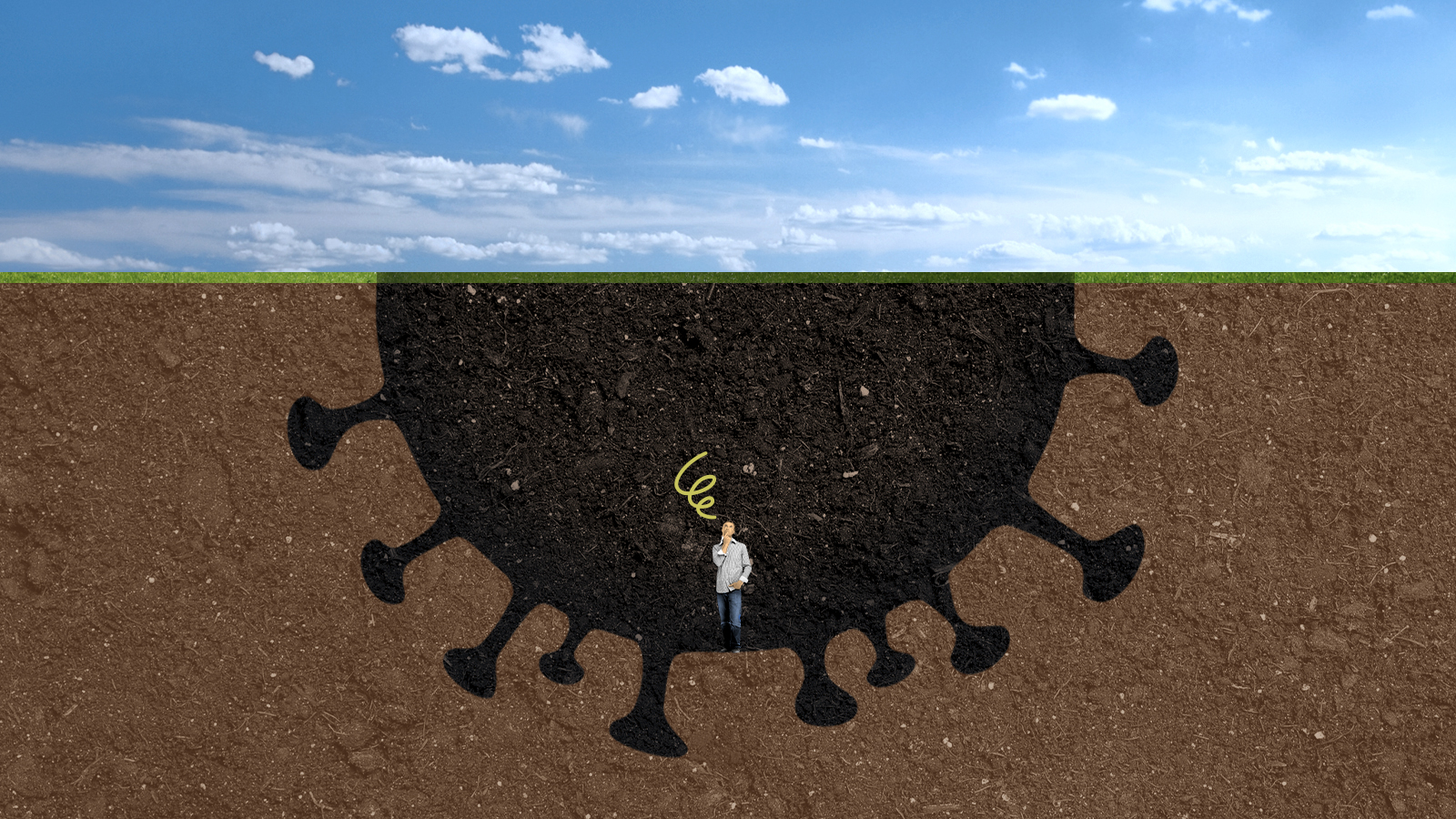
A free daily email with the biggest news stories of the day – and the best features from TheWeek.com
You are now subscribed
Your newsletter sign-up was successful
Earlier this week, in Philadelphia, I went to my first concert since before the COVID-19 pandemic began. The Phoebe Bridgers show took place outdoors. Admittance required proof of vaccination. (A recent negative test result was insufficient.) Concertgoers were also required to wear masks.
A hassle? Not really, or not much more than I'm used to by now. I'm vaccinated. Despite that, I bring a mask everywhere I go and usually put it on when venturing indoors. In our part of the country, indoor masking is still the courteous default, even without a public mandate or private request. But at an outdoor event, where the likelihood of spreading the virus would be low even among the unvaccinated, and for which everyone had provided proof of vaccination? There's an abundance of caution, and then there's overkill — which is likely why most of the crowd had broken the rules and removed their masks before Bridgers took the stage.
Welcome to the weird world of endless COVID.
The Week
Escape your echo chamber. Get the facts behind the news, plus analysis from multiple perspectives.

Sign up for The Week's Free Newsletters
From our morning news briefing to a weekly Good News Newsletter, get the best of The Week delivered directly to your inbox.
From our morning news briefing to a weekly Good News Newsletter, get the best of The Week delivered directly to your inbox.
These draconian late-September regulations aren't something I expected as recently as the third week of June, when I wrote a column about the experience of living through what I called the in-between stage of the pandemic. Effective vaccines had been approved. They were being distributed. I was already vaccinated, and so were those closest to me. The end was coming, and though it wasn't clear quite how long it would take to arrive, arrive it would. Soon. I was sure of it.
That assumption of linear progress, however halting, informed my thinking from top to bottom back then. But now? After the Delta variant gave the United States its second-largest wave of new cases? After the seven-day moving average of daily deaths again approached 2,000? After hospitalizations spiked anew, with stories of overburdened ICUs and exhausted health-care workers proliferating once more? Now thoughts of linear progress seem naïve. Maybe the ancients had it right, and history moves in repeating cycles we can try to slow down or control but can never hope to master or break.
Some will call me a fatalist, and I'll admit, there's some truth to the description. But really, I don't know how else to respond to the world — or rather, the two worlds — in which we now live.
In one of them, the risk of receiving a vaccine is considered greater than the risk of getting sick, even though nearly 700,000 Americans have died of COVID and stories of adverse reactions to the vaccine, let alone vaccine-caused death, are scarce. In places where such vaccine resistance is common, so is resistance to masks and really any other kind of COVID-specific public health guidance. That's why the Delta wave hit these regions especially hard while mostly sparing the rest of the country.
A free daily email with the biggest news stories of the day – and the best features from TheWeek.com
In the other world, my world, rates of vaccination are much higher, so most people by now are quite thoroughly protected from illness, and even more reliably from serious illness or death. For some, risk assessment in these places is much more reasonable than in the world where fear of vaccination abounds. Yet the fear of infection is often so great in this world that restrictions needlessly persist. That's how we get outdoor concerts with both a vaccine and a mask mandate. It's how my daughter's high school — with nearly all faculty and staff and over 80 percent of the students fully vaccinated — still requires everyone wear masks everywhere at all times.
The first world makes choices all but designed to maximize viral spread, while the second seems to consider anything short of the complete (and, probably, impossible) eradication of COVID-19 a failure and a public health emergency. Each reinforces the other in a cycle of mutual fear, peppered with charges of "death cults" and "socialism" and "detachment from reality." We're stuck.
The consequences for the first camp are obvious: illness, suffering, and death, with no plan in sight beyond living like nothing unusual is happening while waiting patiently for natural immunity to kick in.
For the second, more emergent camp, the consequences are a little subtler but no less real. There are those omnipresent masks at my daughter's school and at the university where my wife teaches, and the daily case updates, and the frequent rapid tests, and the students quarantining whenever a case is identified. Everyone is living, tired and drained, under a shadow of persistent, low-grade fear. It's emotionally exhausting, in part because it's lasted 18 months now, but also because there's no longer any clear conclusion in view.
That's the psychological cost. The economic cost is no less real. Demand is back, but supply is still struggling. Businesses can't hire enough employees, and supply chains are still buckling. Lines and wait times seem longer than they used to be. Inventory is sometimes plentiful, but shelves are often empty. The economy feels like a knitted blanket that's been violently yanked in several directions: a bunched-up mess, some places too tight, others too slack, with efforts to smooth out the inconsistencies in one area creating imbalances elsewhere.
It could be worse. We haven't seen COVID-related civil unrest at anything like that in Australia and many other countries. On the other hand, about 1 of out every 500 Americans, or 0.2 percent of our population, has died because of this pandemic. That's far worse than most countries in the world. (The figure in Australia is around 1 out of every 21,600, or 0.005 percent.) A country with our wealth, education, and medical spending should have fared better. Looking at numbers like these, I understand the overreaction of the pro-vaccination parts of the country — and I find the adamant vaccine refusal of the other side all the more appalling.
Where do we go from here? I'm far beyond venturing predictions. The Delta wave appears to be fading. New case numbers are slowly dropping on a national scale, and daily deaths should follow in the next few weeks ... unless the trends reverse again, and they could. As winter drives us indoors, Delta could strike again, or another variant could emerge. Vaccine efficacy could wane. Boosters may become necessary for more of the population. A bad flu season could add complications and confusion, especially if more Republicans begin to question vaccine mandates for diseases other than COVID.
Or, maybe, we'll get good news. Maybe the combination of high vaccination rates and infection-induced immunity will finally make COVID fade in coming months. Maybe the end is coming soon, though it isn't clear quite how long it will take to arrive. We can't know. Which means that for now we will continue to struggle through the weird world of a pandemic with no certain end in sight.
Damon Linker is a senior correspondent at TheWeek.com. He is also a former contributing editor at The New Republic and the author of The Theocons and The Religious Test.
-
 The Olympic timekeepers keeping the Games on track
The Olympic timekeepers keeping the Games on trackUnder the Radar Swiss watchmaking giant Omega has been at the finish line of every Olympic Games for nearly 100 years
-
 Will increasing tensions with Iran boil over into war?
Will increasing tensions with Iran boil over into war?Today’s Big Question President Donald Trump has recently been threatening the country
-
 Corruption: The spy sheikh and the president
Corruption: The spy sheikh and the presidentFeature Trump is at the center of another scandal
-
 Book reviews: ‘We the People: A History of the U.S. Constitution’ and ‘Will There Ever Be Another You’
Book reviews: ‘We the People: A History of the U.S. Constitution’ and ‘Will There Ever Be Another You’Feature The many attempts to amend the U.S. Constitution and Patricia Lockwood’s struggle with long Covid
-
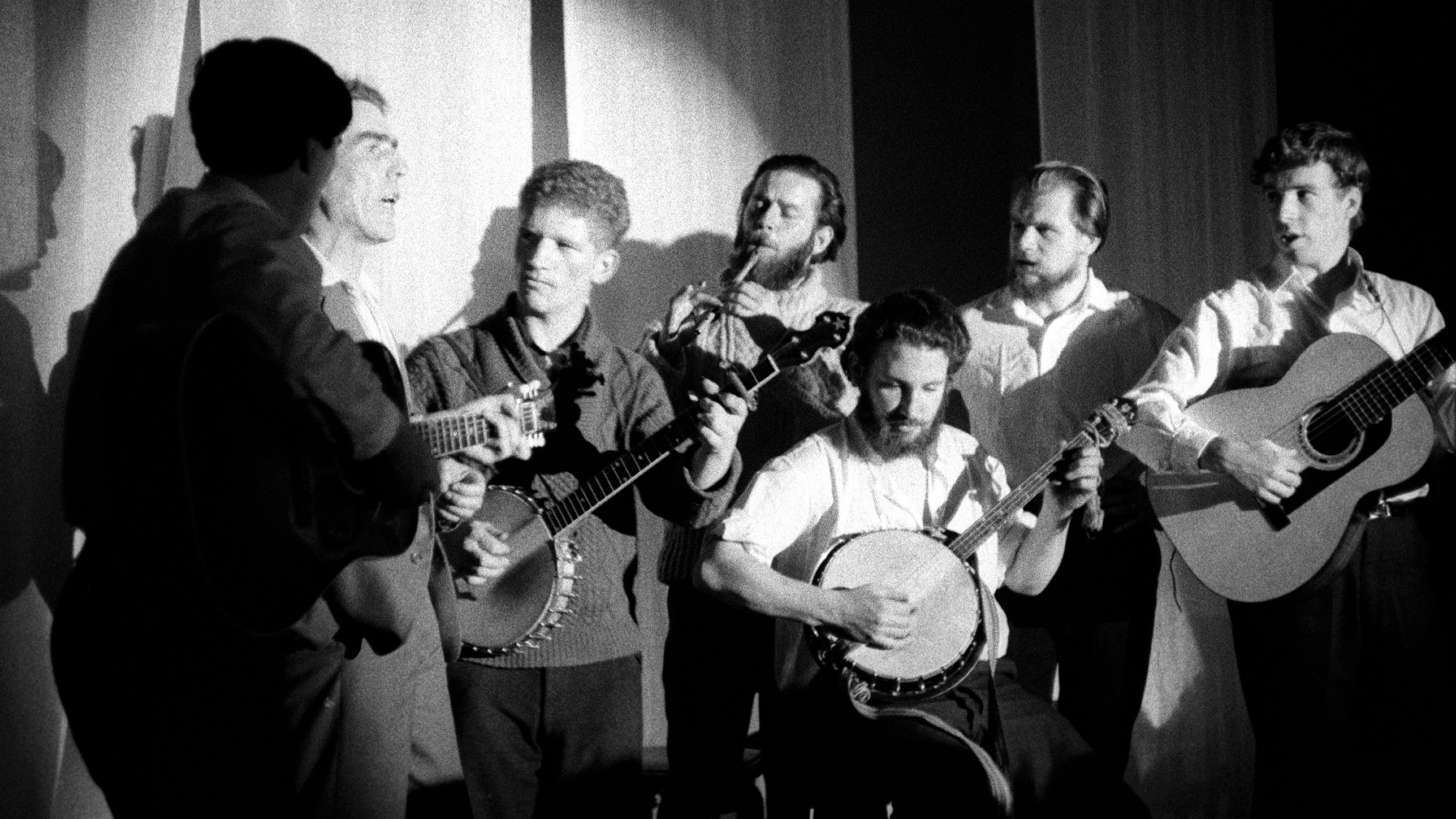 Why Irish traditional music is having a moment
Why Irish traditional music is having a momentIn The Spotlight Frustrations with isolation and technology credited for reviving 'auld' trad tunes
-
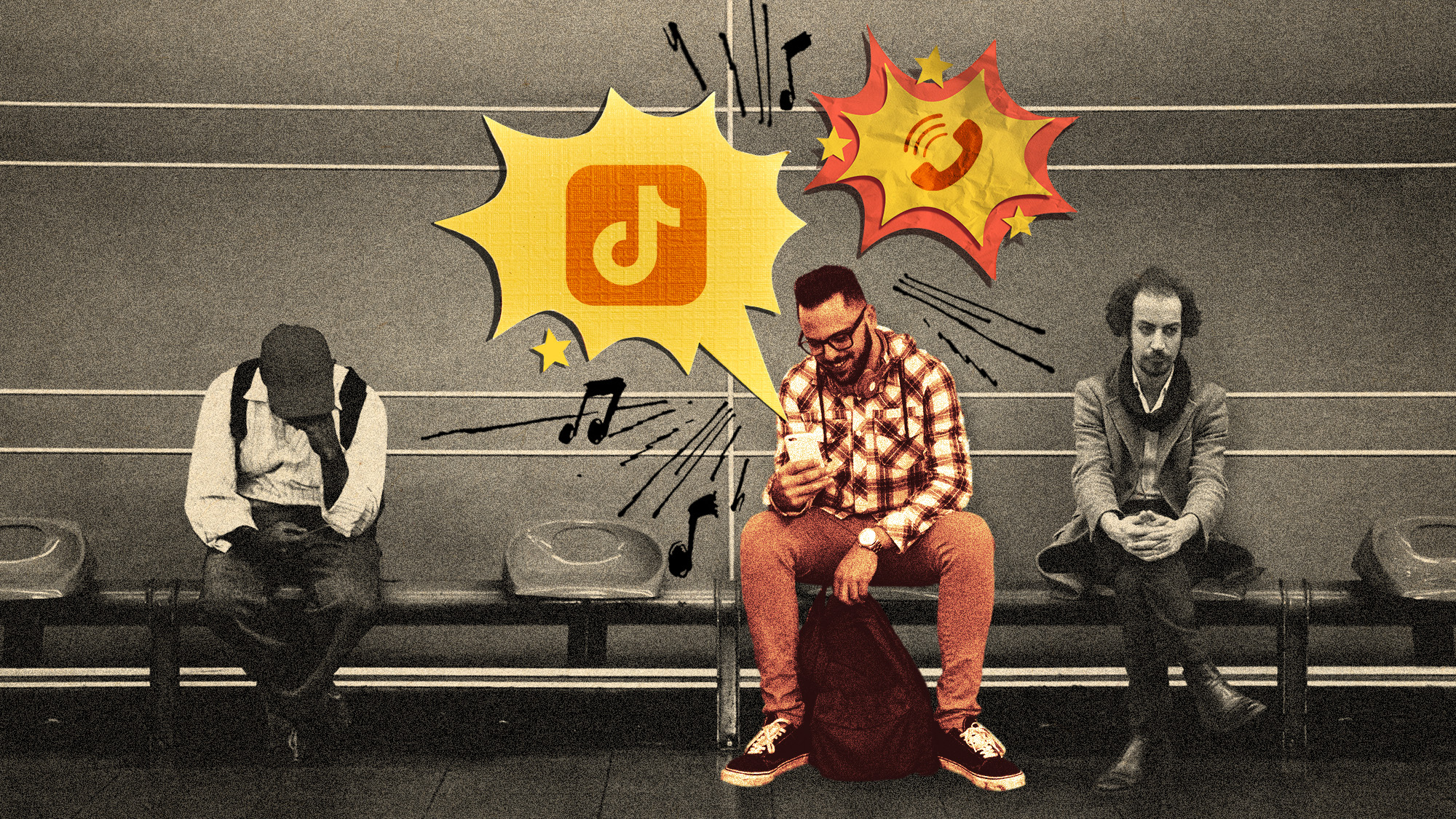 A not-so-quiet place: Why is no one using headphones in public anymore?
A not-so-quiet place: Why is no one using headphones in public anymore?Under the Radar People are increasingly comfortable with both speakerphone and watching videos (very) out loud
-
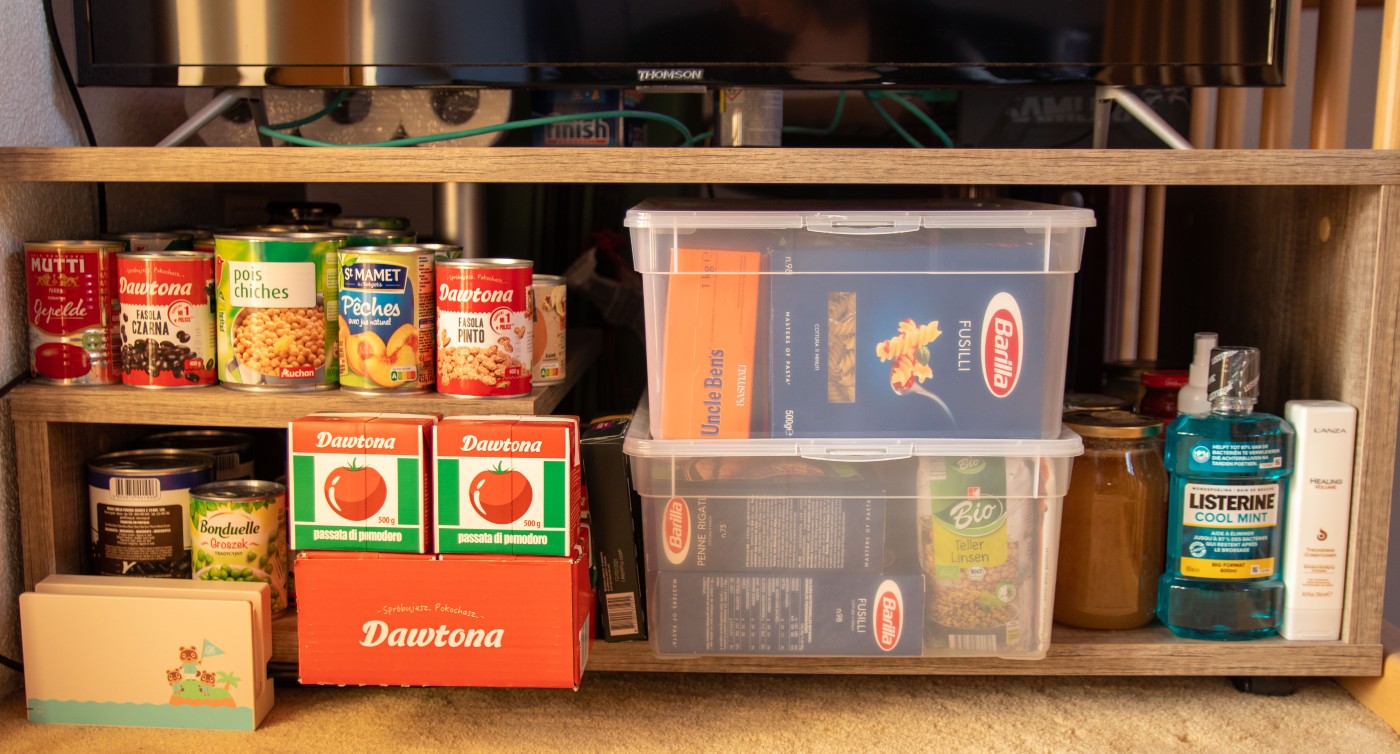 Gas masks and loo rolls: why 'preppers' are on the rise
Gas masks and loo rolls: why 'preppers' are on the riseUnder The Radar Doomsday community has expanded from 'Rambo wannabes' to 'Tesco regulars'
-
 Breathtaking: the Covid drama that may make you scream
Breathtaking: the Covid drama that may make you screamThe Week Recommends ITV three-parter is a 'tour de force' that exposes 'political complacency'
-
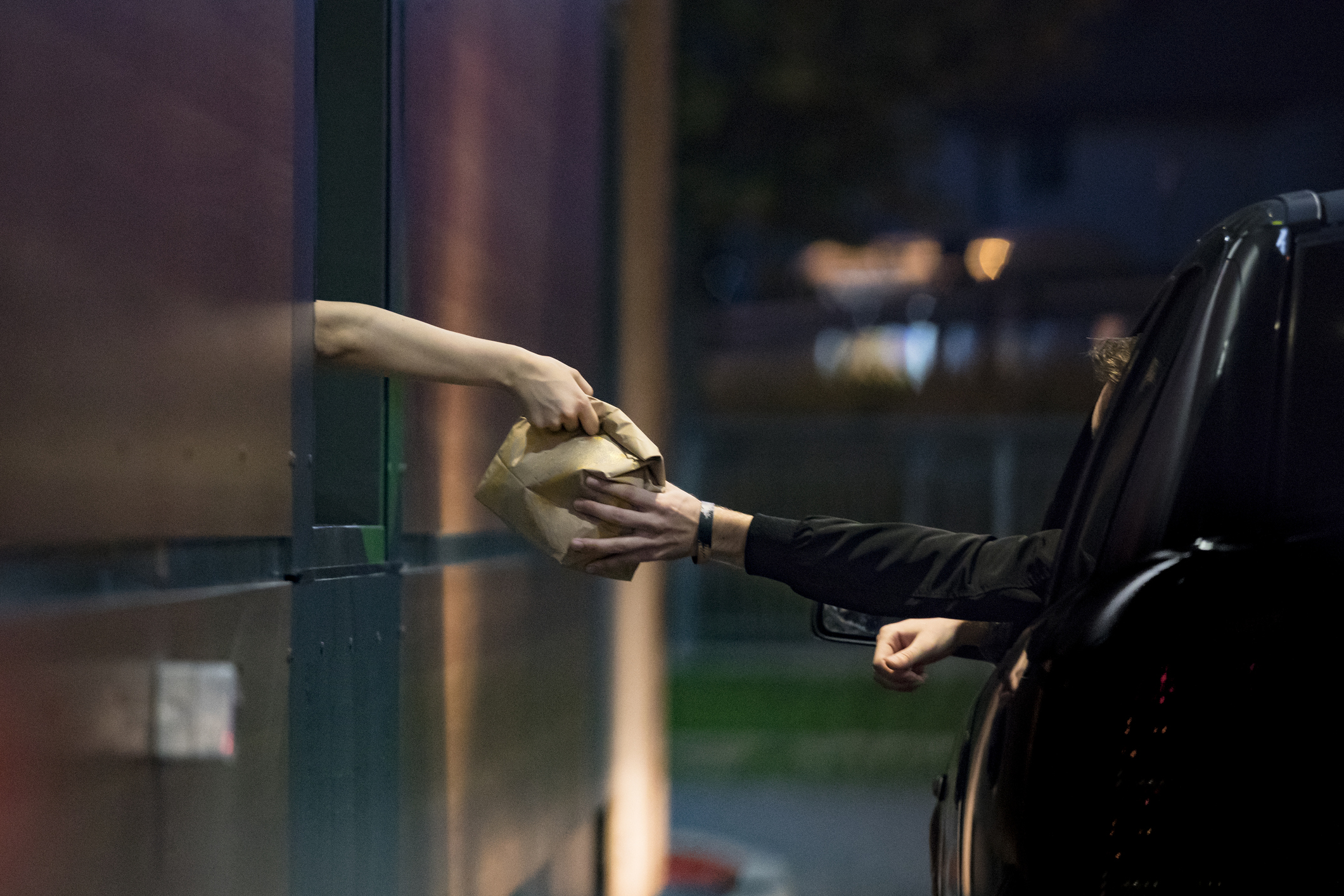 The lasting changes of the post-pandemic dining era
The lasting changes of the post-pandemic dining eraThe Explainer The newest of new normals
-
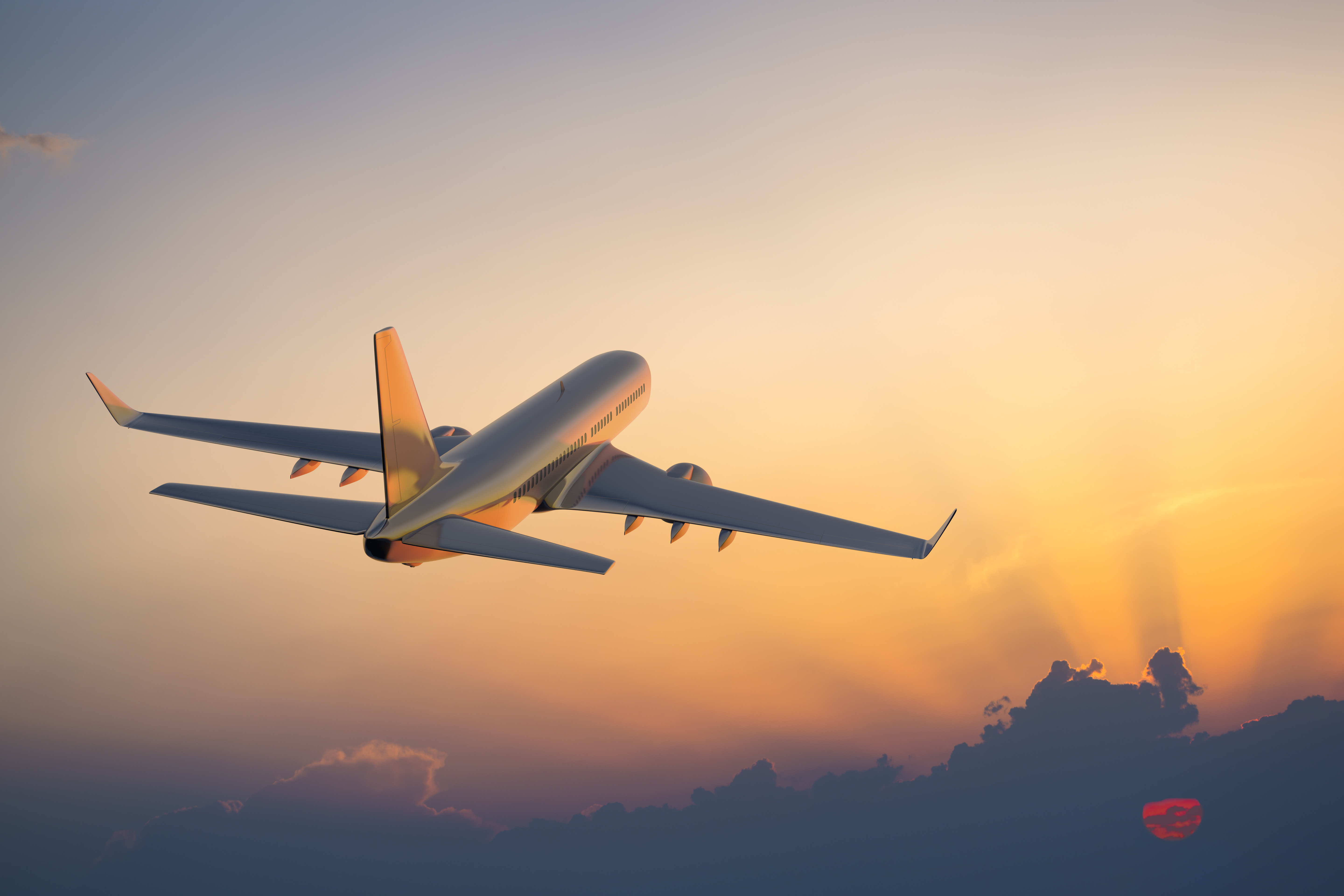 How revenge travel is impacting the aviation and tourism industries
How revenge travel is impacting the aviation and tourism industriesTalking Point The surge in travel is a far cry from the previous pandemic years during which travel took a hit
-
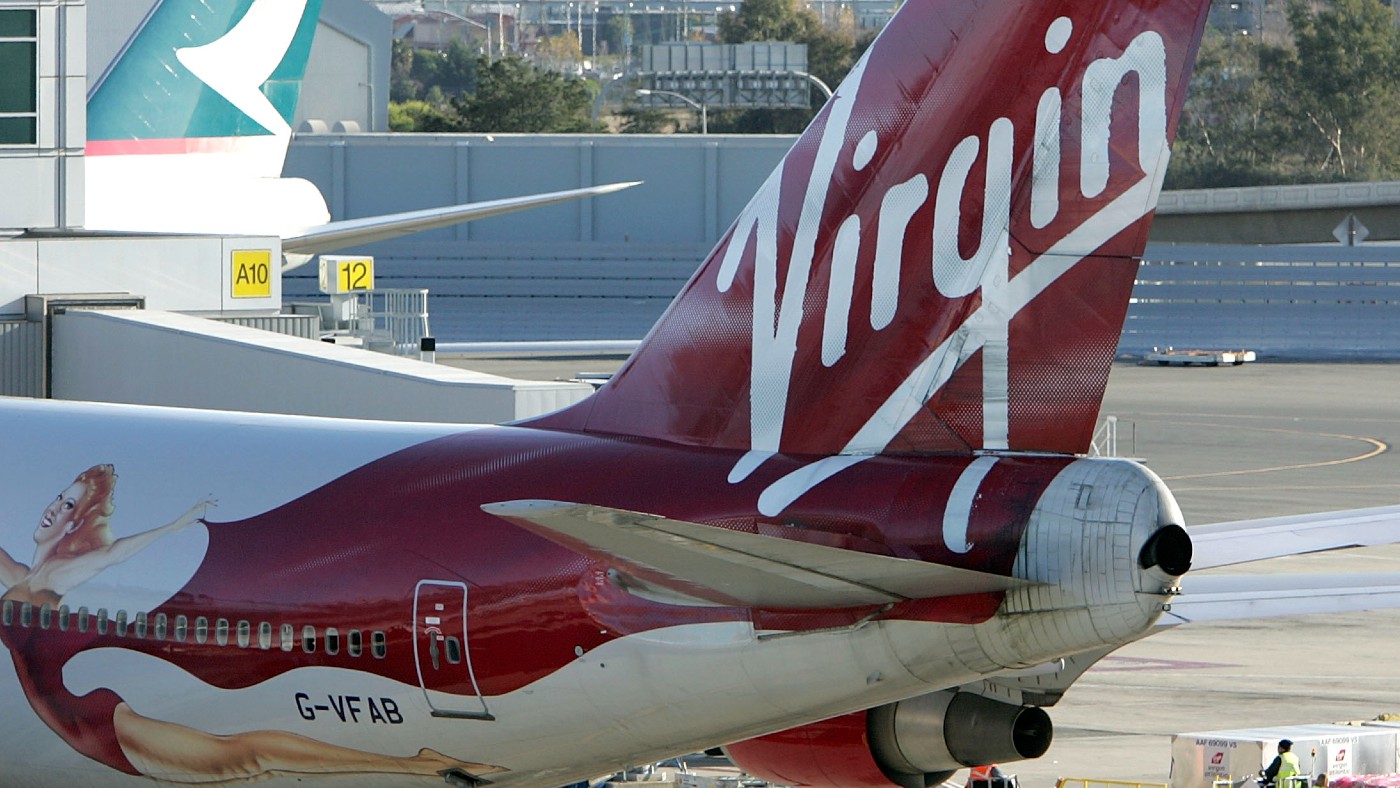 Virgin Atlantic fined for violating Iraqi airspace
Virgin Atlantic fined for violating Iraqi airspaceSpeed Read Airline said the incursions were accidental and caused by the Covid-19 pandemic
